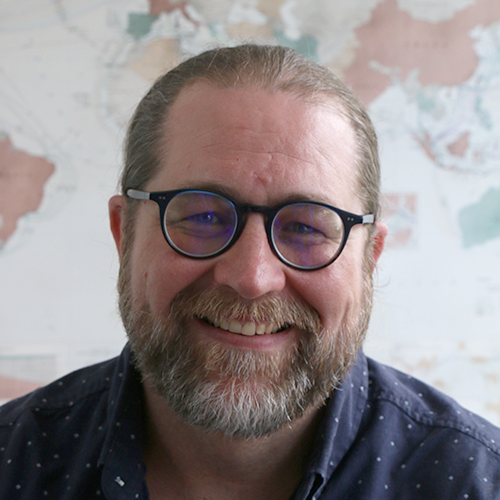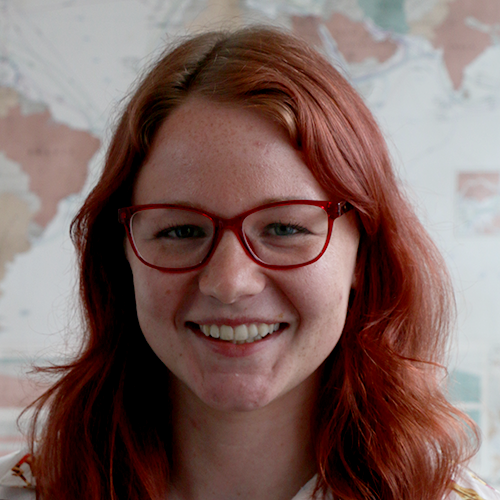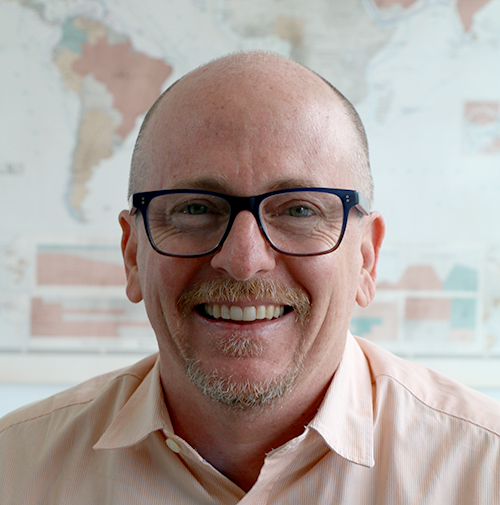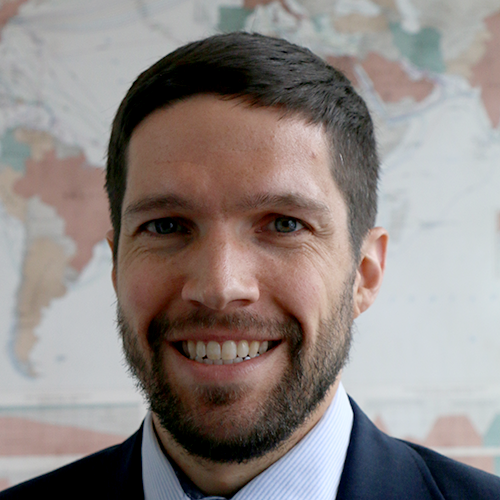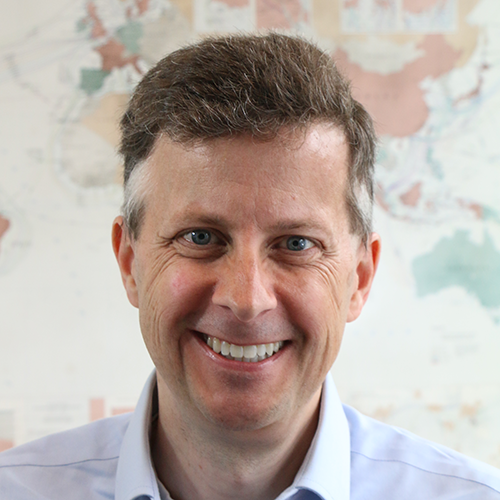The enterprise wide area network (WAN) market is in a state of flux, forcing multinational corporations to rethink how they design and source their networks.
According to TeleGeography’s GlobalComms Database, the global mobile subscription total stood at 8.74 billion at the end of 2023, up 2.0% from 8.57 billion a year earlier.
Population penetration rose from 108% to 109% over the same period, boosted by the popularity of multiple SIM ownership in many markets.
Last month saw the conclusion of the long-running mega-merger between Orange España and Grupo MASMOVIL in Spain.
The EUR19 billion ($20.5 billion) tie-up—first agreed back in July 2022—created a new Spanish market leader that presides over a mobile/fixed broadband subscription base of 37 million. Now known as MasOrange, the 50:50 joint venture looks like a force to be reckoned with.
Today, we take a look at the Spanish deals that came into play in the wake of the merger, and see how they could reshape the telecom landscape.
The TeleGeography Submarine Cable Map is our longest-running map project. We started producing submarine cable maps in 1999, and we're still going strong 25 years later.
Just for fun, let’s compare the very first edition—called the Global Communications Cable and Satellite Map—to our 2024 Submarine Cable Map.
All About Cloud Regions, Zones, and On-Ramps
Today, I'm breaking down three fundamental components of cloud networks.
The Reality of Latin American Connectivity
A few weeks ago, TeleGeography headed back to São Paulo to participate in the Capacity Latin America 2024 conference.
There were few dull moments, with the Latin American wholesale connectivity market full of activity. Among the many discussion points, a few key themes are worth mentioning.
Let’s have a look.
The geographic coverage of carriers’ enterprise network services varies significantly.
Not every carrier connects to every city in their customers’ networks, and not all services are available everywhere.
When narrowing down the universe of potential suppliers, enterprises must first consider how their geographic requirements overlap a potential service provider’s physical network. They then must determine if the specific data services they require are enabled at each of the service providers’ PoPs.
The WAN Services Coverage analysis—one section of our Cloud and WAN Research—examines carrier network connectivity and service availability from a geographic perspective.
Keep reading for a sneak peek of our latest findings.
Nigeria: Africa’s Mobile Giant
Nigeria is home to Africa’s biggest mobile market by some distance, with 217.5 million subscriptions at the end of 2023, up from 209.5 million a year earlier.
The next largest African markets at end-2023 were South Africa with 118.9 million subscriptions, and Egypt with 111.1 million, according to TeleGeography’s GlobalComms Database.
This Region Added the Most New Cloud Regions in 2023
Globally, 23 new cloud regions were launched in 2023.
Let’s break that down by region. Which region added the most? And which regions contributed zero?
At TeleGeography, we’ve been working on a project called the Interconnection Index. This tool is designed to answer some questions that we’ve found very difficult to answer and quantify in the past.
What is the next emerging hub in a specific region? How do various hubs compare to each other? Where should I expand in a certain country besides the largest city?
It would be quite challenging to create a one-size-fits-all model that can answer all of these questions appropriately. But we’re still going to try!
We’re going to address this problem with data, and—because we’re geography geeks—maps.
